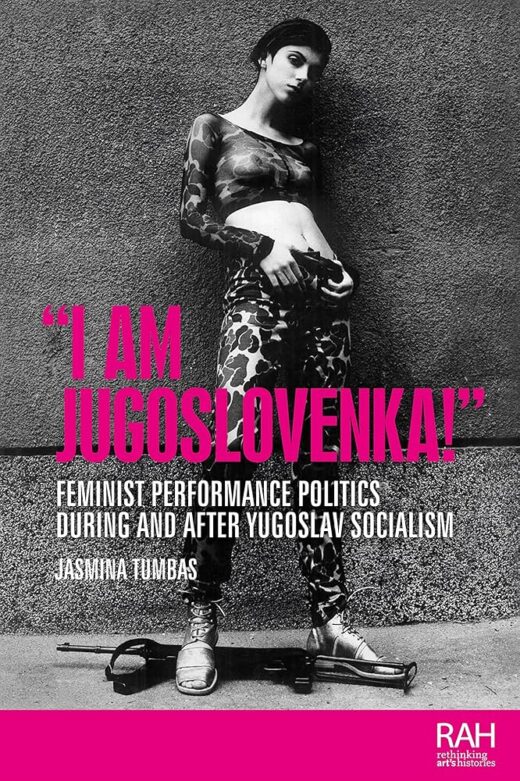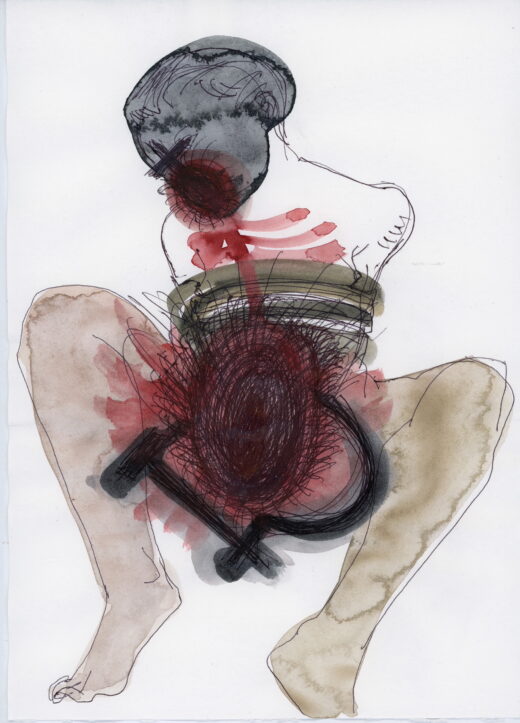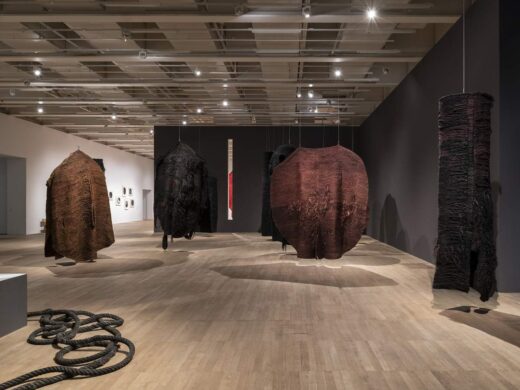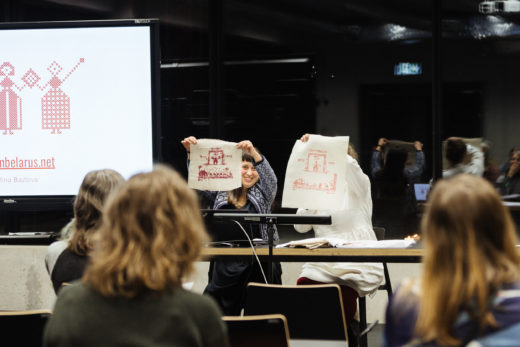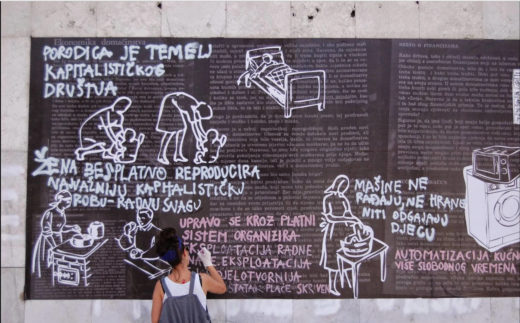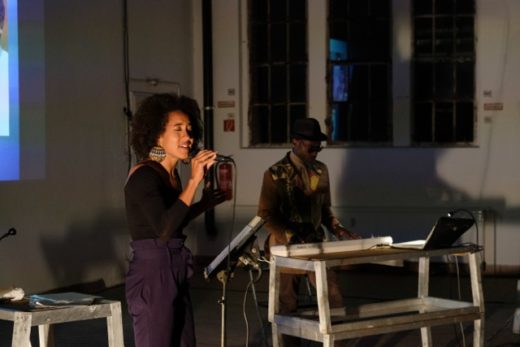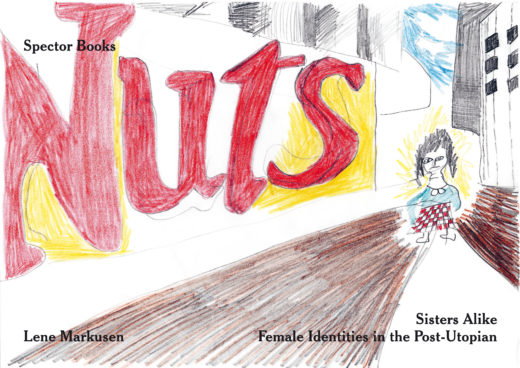Jugoslovenka as an Act of Resistance
Jasmina Tumbas, I am Jugoslovenka! Feminist performance politics during and after Yugoslav Socialism (Manchester: Manchester University Press, 2022), 344 pp.
Reading the first chapter of Jasmina Tumbas’ publication I am Jugoslovenka! made me smile and think of my mother. The author cites Bojana Pejić talking about wearing original Levi’s jeans. My mother grew up in socialist—explicitly not communist—Poland, and moved to the Netherlands in the 1980s, when she was in her twenties. When I bought my first pair of jeans, she told me she got her first pair from Yugoslavia, where Western commodities were so much easier to obtain. Through … Read more

